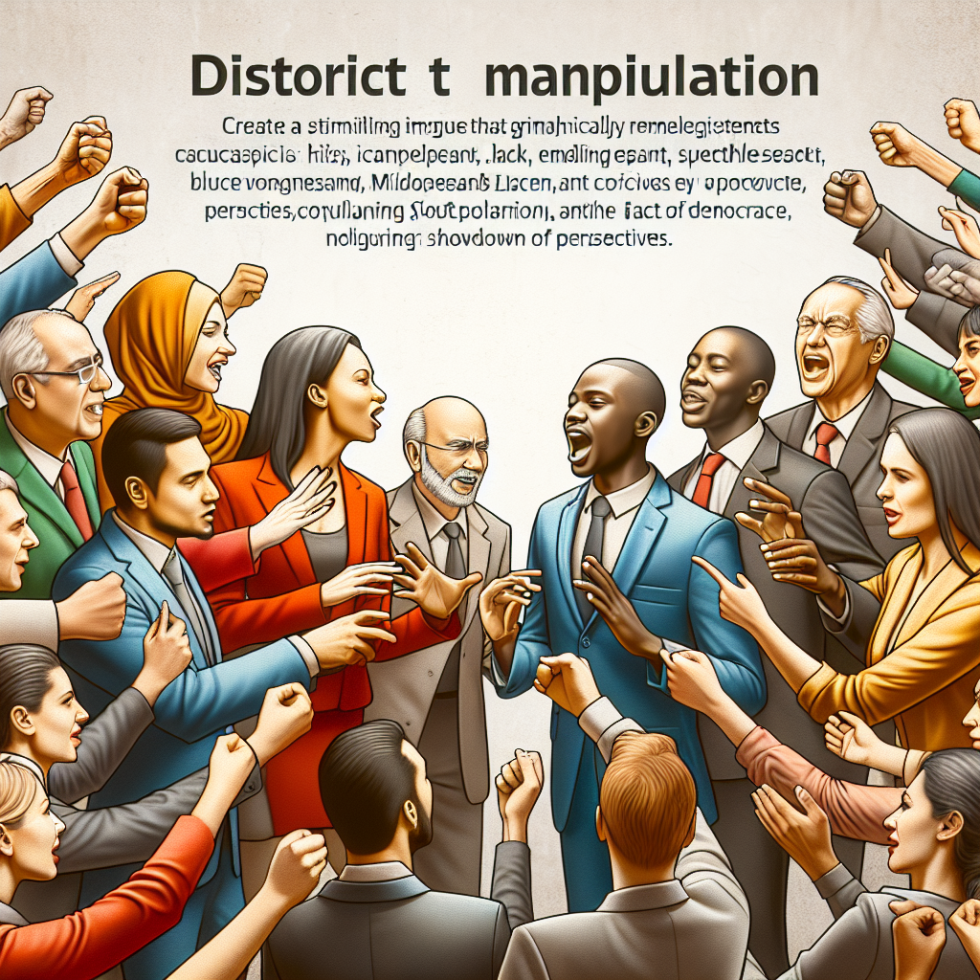
A Showdown Brews Over Gerrymandering
The landscape of American politics is ever-shifting, and with the upcoming 2026 midterm elections on the horizon, the stakes have never been higher. Recently, top Democratic leaders convened to strategize in response to Texas’s controversial decision to redraw **congressional district maps** after pressure from Donald Trump, sparking an intense debate over **redistricting** practices.
Democratic National Committee Chairman Ken Martin rallied party members, emphasizing the need to respond appropriately to such blatant partisan maneuvers. He stated, “Republicans wanted a showdown. We’re going to give them a showdown,” highlighting the urgency felt by Democrats in these times.
With Texas’s population explosion undeniably influencing these changes, the intention is clear: maximize Republican representation in the House. Following the **Census**, states traditionally undergo a redistricting process to reflect population shifts, but Texas’s early and aggressive move signals a shift toward **gerrymandering** that could set a dangerous precedent.
California’s Response: Fighting Fire with Fire
In stark contrast, California Governor Gavin Newsom aims to utilize California’s nonpartisan commission to pivot towards more partisan interests as a reaction to Texas’s redistricting gerrymander. This could potentially enhance Democratic seats in the House significantly—an estimated five additional seats—signalling a direct attempt to counter GOP maneuvers.
As **redistricting** becomes a topic of national conversation, states across the union now weigh the possibility of similar shifts to gain partisan advantage, leading to what could be characterized as a **“gerrymandering arms race.”** New York Governor Kathy Hochul openly supported the Democratic strategy, declaring, “Game on” in response to Texas’s aggressive actions.
The Consequences of Partisan Redistricting
The principles of democracy hinge on fair representation. According to experts, the ramifications of such partisan-driven redistricting could warp the fundamental representational framework that has historically defined American politics. The inequity that arises from designing districts to favor one party over another compromises voter equity, particularly impacting minority populations.
Texas State Representative Nicole Collier, who expressed her outrage during the communication call, argued that the Republican efforts represented a regression to the most **segregated maps** seen since the 1960s. She called for immediate action from Democrats, underscoring the perception that these maps aim specifically to dilute the voting power of already marginalized communities.
The Voices of Resistance
The urgency of this situation is underscored by the fervor present in Democratic calls for unity against what they perceive as GOP overreach. Senator Cory Booker eloquently articulated the necessity of stepping beyond idealistic visions of democracy, stating, “It’s about how we play hardball. If we don’t fight here, we will continue to see their efforts to erode our democracy for their own benefit.”
These concerns echo across party lines as former President Barack Obama weighed in, advocating for fair representation while acknowledging the dire situation brought forth by partisan redistricting. Striking a balance between idealism and pragmatism, his endorsement laid out the challenge ahead: ensuring fair play amid an environment increasingly characterized by confusion and chaos.
Trump’s Influence on Redistricting
Throughout this redistricting saga, Trump’s influence looms large. Having openly expressed his entitlement to more Republican seats, his endorsement of the Texas redistricting plan galvanizes GOP supporters while complicating Democratic efforts. His rallying cries signal an intention to leverage electoral power through manipulated frameworks rather than engaging in genuine political discourse.
Furthermore, his rhetoric on social platforms like Truth Social, where he celebrated the passage of Texas’s new map as a “Big WIN,” reinforces the reality that this fight extends beyond mere numbers and borders into a broader battle for ideological dominance.
Addressing Future Challenges
Spanish-speaking Americans and minorities are especially vulnerable to the **effects of gerrymandering** designed to dilute their votes and influence. As the implications of redistricting unfold, the Democratic party must not only prepare for this profound political contest but also stand firm against systemic biases that threaten the foundation of representative democracy.
In this charged political atmosphere, the outcry from Democratic leaders represents not just a response to **gerrymandering** but a broader struggle against the potential erosion of democratic norms. The stakes are indeed high, and as the countdown to the midterms continues, both parties will engage in tactical moves to secure their interests, leaving much of the political landscape in a precarious position.
To learn about the disclaimer of liability for the content of this website, click here




